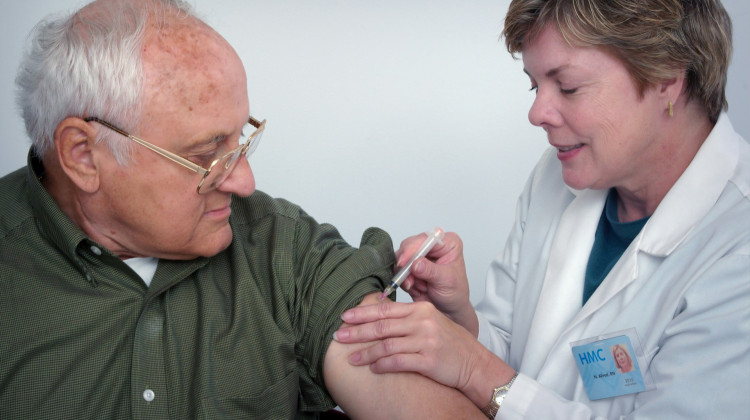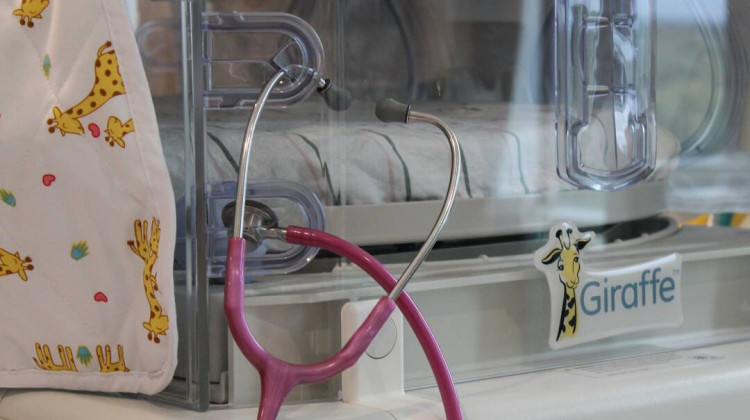
The Human Performance Laboratory has participated in studies since its creation in the 1960s.
Courtesy of Ball State University's Human Performance Laboratory via FacebookBall State University is joining with 22 other universities to study how exercise affects humans at a molecular level. The nationally-funded study wants to understand how exercise can better benefit all types of people.
Scott Trappe is the director of the Human Performance Laboratory, Ball State’s exercise physiology center that has tested elite athletes and NASA astronauts.
He said scientists don’t yet know why exercise benefits some people more.
“We know our muscles will make novel molecules that will be released into your blood stream. They’re going to communicate with other organs in your body – your liver, your brains, your bones. This study will begin to identify how this communication network is working behind the scenes while we’re exercising.”
Eleven universities will study human volunteers – and Ball State is recruiting 400 people from the area. Trappe said they’ll look at athletes used to strenuous exercise and what the study calls “healthy non-exercisers.”
“How does someone progress over 12 weeks? What’s the genetic basis of the improvement over 12 weeks? But then for the athletes that have been doing this for a long period of time, are there additional indicators or benefits or genetic underpinnings?”
The study hopes understanding more about exercise will help an increasingly inactive society, and to find regimens for people who may not now be able to exercise due to age or disease.
Trappe said Ball State will be advertising for study participants soon. Interested people can also contact the Human Performance Laboratory.
 DONATE
DONATE







 Support WFYI. We can't do it without you.
Support WFYI. We can't do it without you.